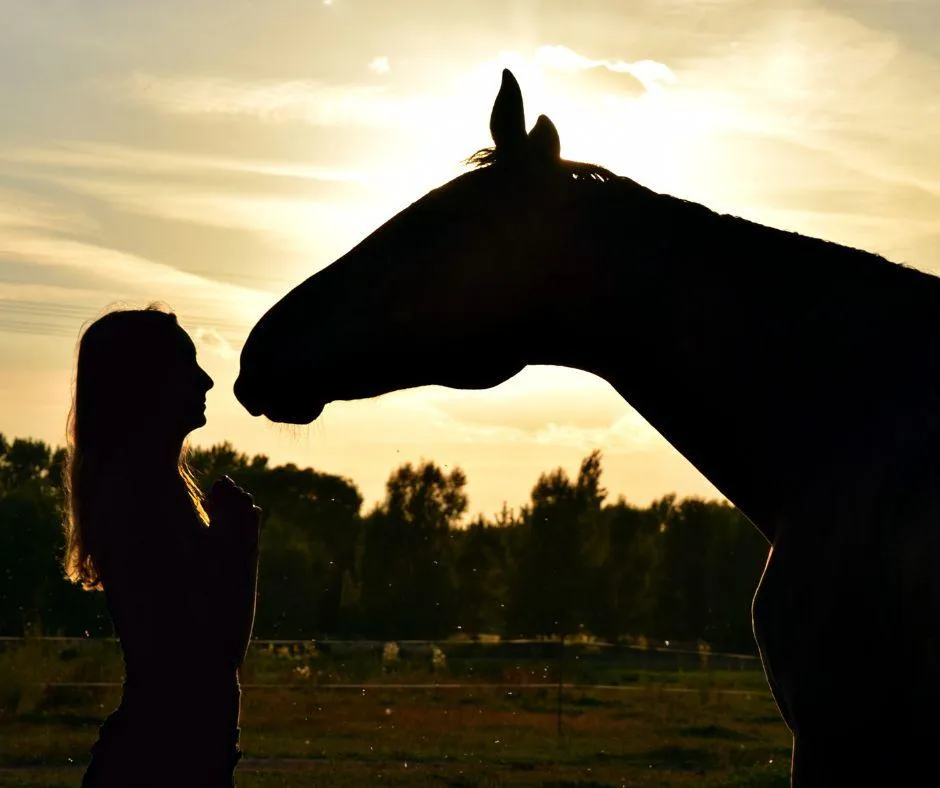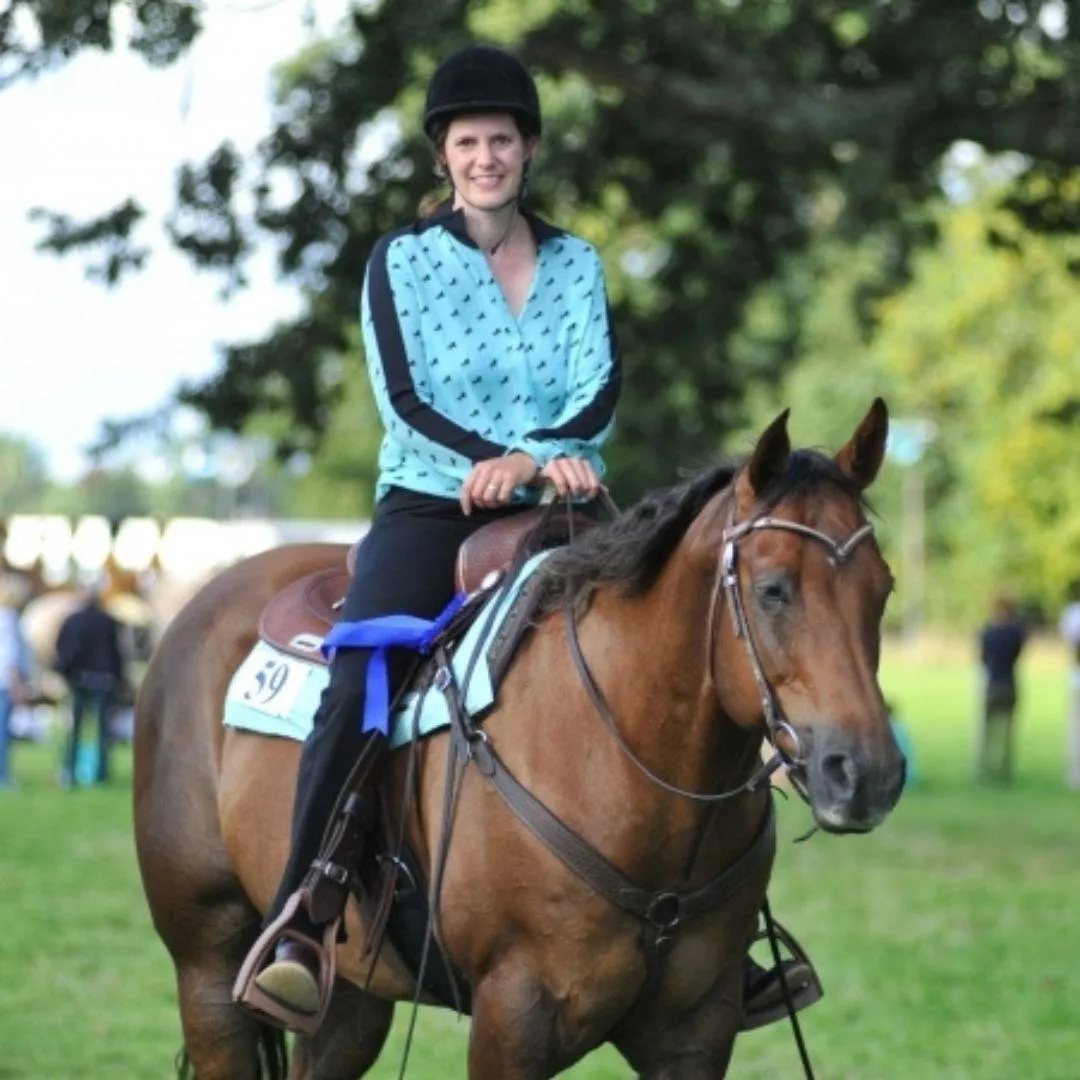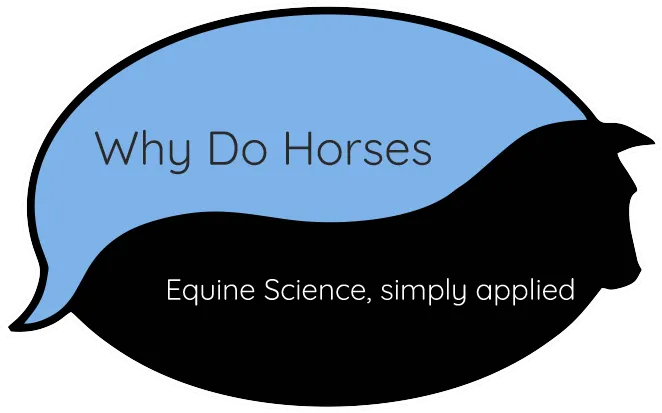Love Reading?
Articles
Find our blog posts and media articles all in one place!

Pitch-Perfect: Tuning the Horse-Human Relationship
Pitch-Perfect: Tuning the Horse-Human Relationship
The horse-human relationship is an important part of equestrianism. Many riders think of this as a partnership and training is often orientated towards achieving a sense of harmony. Equines are considered to be very perceptive of their handlers and equestrians are commonly motivated in achieving a sense of affinity with the horse. So, how well attuned are horses and their handlers? What motivates equestrians, on a psychological level, to persevere in this relationship and what do they gain from it?

In a study of what riders feel they gain from the horse-human relationship, Traeen and colleagues found that found that participants named the sense of trust, compatibility, confidence, close communication and mutual respect as significant elements of the partnership.
A branch of anthropology, multi-species ethnography explores the complex relationship between humans and other animals. One aspect of this investigates how individuals of different species become increasingly attuned to one-another over time. Scientists have described this ever-evolving relationship as a state of 'co-being', developed through the engagement and entanglement of horse and rider, both physically and mentally. To identify key components of this unique relationship, Maurstad and colleagues interviewed 60 riders about their own every-day experiences with horses. Using the results, the team were able to identify three points of 'relational co-being':
1) Riders identified themselves and the horse as being in synchronisation, described as "deeply felt intercorporeal moments of mutuality"
2) Riders felt the experience was a meeting of two subjects in their own right, rather than subject and object. This was expressed as a sense of "'meeting the horse as a subject and individual".
3) Each interaction of horse and human produced learning and adapting, in both individuals, as a result of the meeting - essentially becoming horse and becoming human. The researchers described this element as "co-shaping and co-domesticating each other"
However, human personality traits can, in fact, produce bias in how equestrians perceive their horse's character and, therefore, the caliber of that relationship. Wolframm and Meulenbroek investigated how perceived personality traits in the horse-human dyad affected the quality of interaction within this relationship. Results were taken from 2525 internet questionnaires in which riders filled out answers based on their own horse and rider relationship. Although further research needs to be carried out, the team did find a correlation between rider personality and interpretation of the horse's behaviour. Riders that considered themselves to be lively, interpreted their horse as being more intelligent and gregarious. Excitability on the part of the rider was also linked with emotional reactivity of the horse and leadership in riders was linked with intelligence and willingness to work in the horse. Researchers concluded that that perceived personality traits of the rider could influence perceptions of equine temperament and, therefore, guide interpretations of quality of the horse and rider relationship.
Numerous anecdotal accounts from equine handlers suggest that horses are well attuned to our thoughts, moods and attitudes. To investigate how nervousness (or anticipation) of rider or handler can affect the horse, Keeling and colleagues studied the responses of 27 equines and 37 riders during a test. The participants had all handled horses before, with each person having a minimum of 3 years experience. Participants were asked to either ride or lead a horse between two points and repeat this four times. They were then told to expect the opening of an umbrella during the fourth leg. Although the umbrella was not actually opened when stated, both horse and handler heart rates increased as a result, demonstrating that the horse was able to sense the anticipation of the rider/handler.
Hama and colleagues investigated the ability of horses to pick up the mental attitude of their handlers during a stroking task. The researchers studied the heart rates of equines when stroked by people with either a positive, neutral or negative attitude towards horses. Participants that had a negative attitude produced a raised heart rate in the horse within the first 10 seconds of stroking. whilst those with neutral or positive attitude did not have this effect.
Largely, research confirms the widely accepted notion of the horse as a highly perceptive animal, able to sense, in some part, the thoughts and arousal level of the handler. Humans may be less well attuned to the horse. However, as conscientious individuals, many equine handlers continually strive to achieve harmony with the horse, recognising its individuality and citing mutual respect, amongst other factors, as a motivator to developing the horse-human relationship.

Blog Posts Straight to Your Inbox!
What do clients say?

Amy D

We had an intro session on clicker training with Louise, it was fabulous, very informative. After reading up about clicker training and getting a bit confused with all the different approaches, Louise made it very clear and explained it all thoroughly.

Eiddwen S

I contacted Why Do Horses for help with issues I was having travelling my horse. During our sessions I found myself wanting to learn more about equine behaviour and body language and I have realised I was missing a lot of knowledge. Why Do Horses have changed my entire outlook on horse training and behaviour, this is something for which I will be forever grateful!


